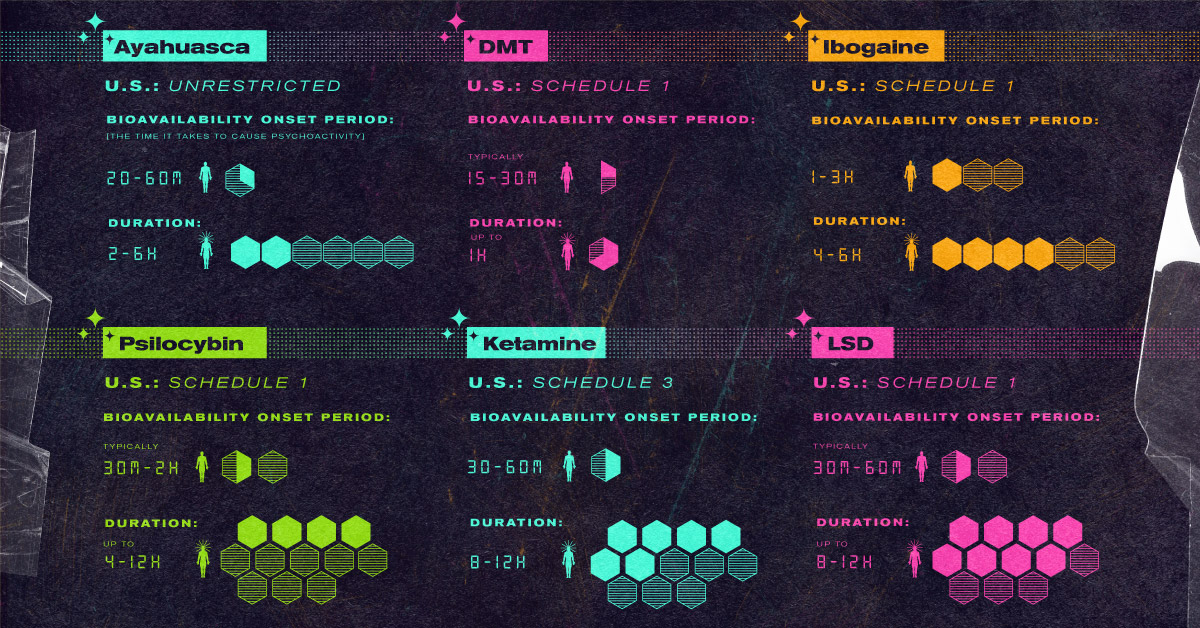Nelson Vergel
Founder, ExcelMale.com
It was launched decades ago as an anesthetic for animals and people, became a potent battlefield pain reliever in Vietnam and morphed into the trippy club drug Special K.
Now the chameleon drug ketamine is finding new life as an unapproved treatment for depression and suicidal behavior. Clinics have opened around the United States promising instant relief with their "unique" doses of ketamine in IVs, sprays or pills. And desperate patients are shelling out thousands of dollars for treatment often not covered by health insurance
, with scant evidence on long-term benefits and risks.
Chicago preschool teacher Lauren Pestikas long struggled with depression and anxiety and made several suicide attempts before trying ketamine earlier this year.
The price tag so far is about $3,000, but "it's worth every dime and penny," said the 36-year-old.
Pestikas said she feels much better for a few weeks after each treatment, but the effects wear off and she scrambles to find a way to pay for another one.
For now, ketamine has not received approval from the U.S. Food and Drug Administration for treating depression, though doctors can use it for that purpose.
Now the chameleon drug ketamine is finding new life as an unapproved treatment for depression and suicidal behavior. Clinics have opened around the United States promising instant relief with their "unique" doses of ketamine in IVs, sprays or pills. And desperate patients are shelling out thousands of dollars for treatment often not covered by health insurance
, with scant evidence on long-term benefits and risks.
Chicago preschool teacher Lauren Pestikas long struggled with depression and anxiety and made several suicide attempts before trying ketamine earlier this year.
The price tag so far is about $3,000, but "it's worth every dime and penny," said the 36-year-old.
Pestikas said she feels much better for a few weeks after each treatment, but the effects wear off and she scrambles to find a way to pay for another one.
For now, ketamine has not received approval from the U.S. Food and Drug Administration for treating depression, though doctors can use it for that purpose.















